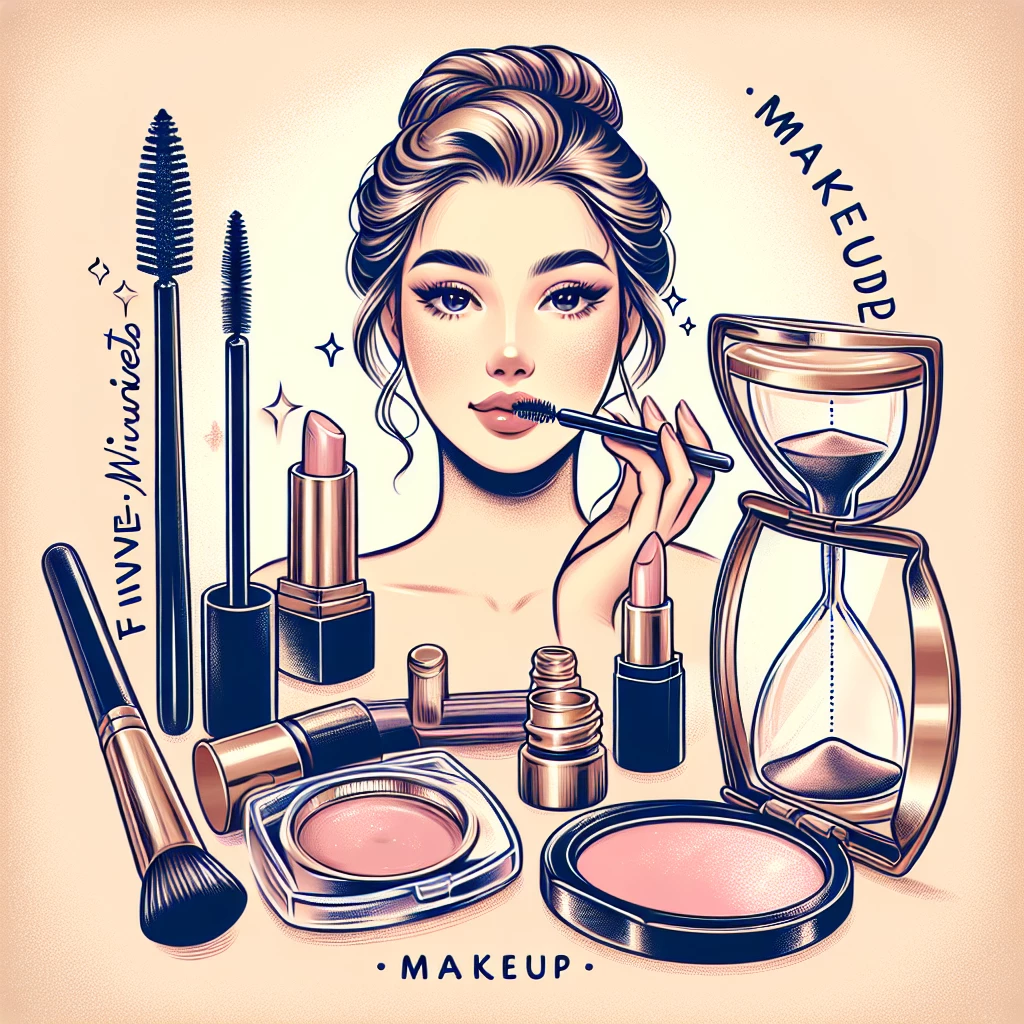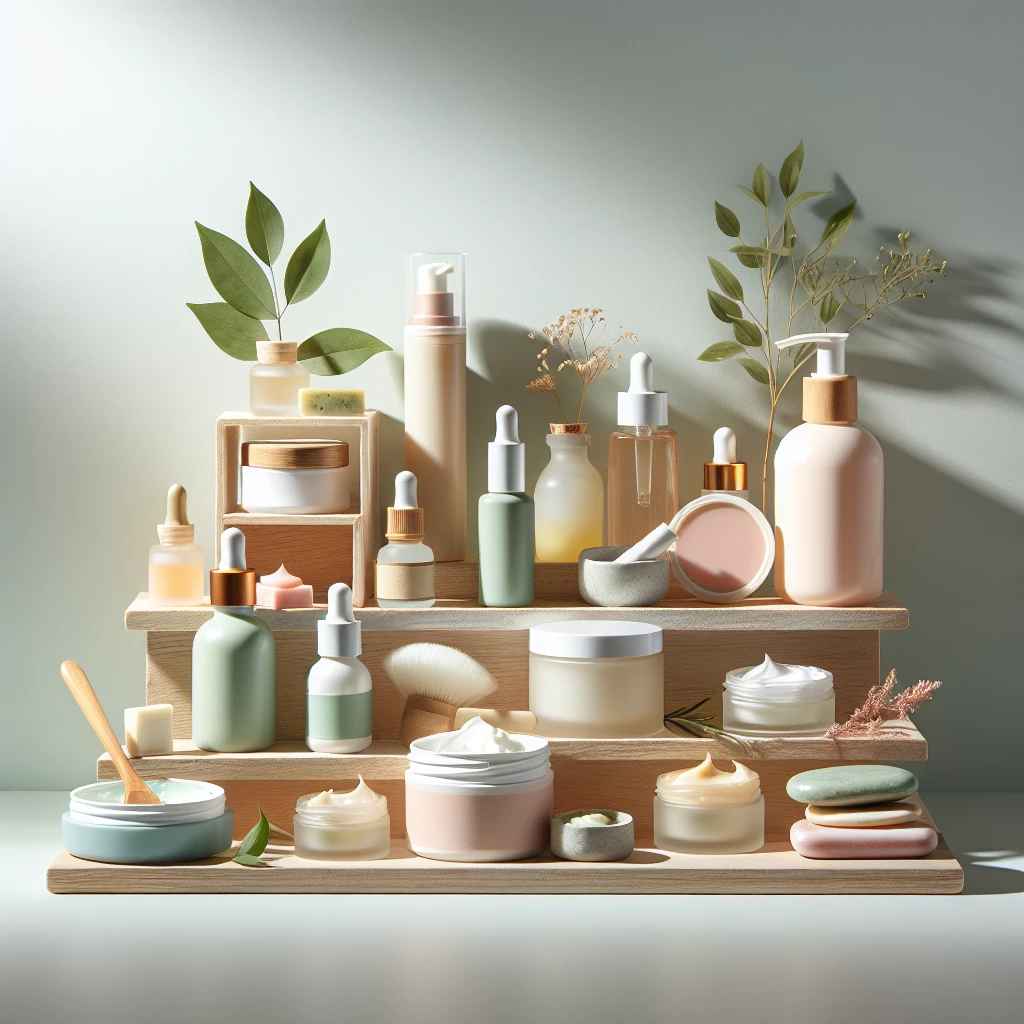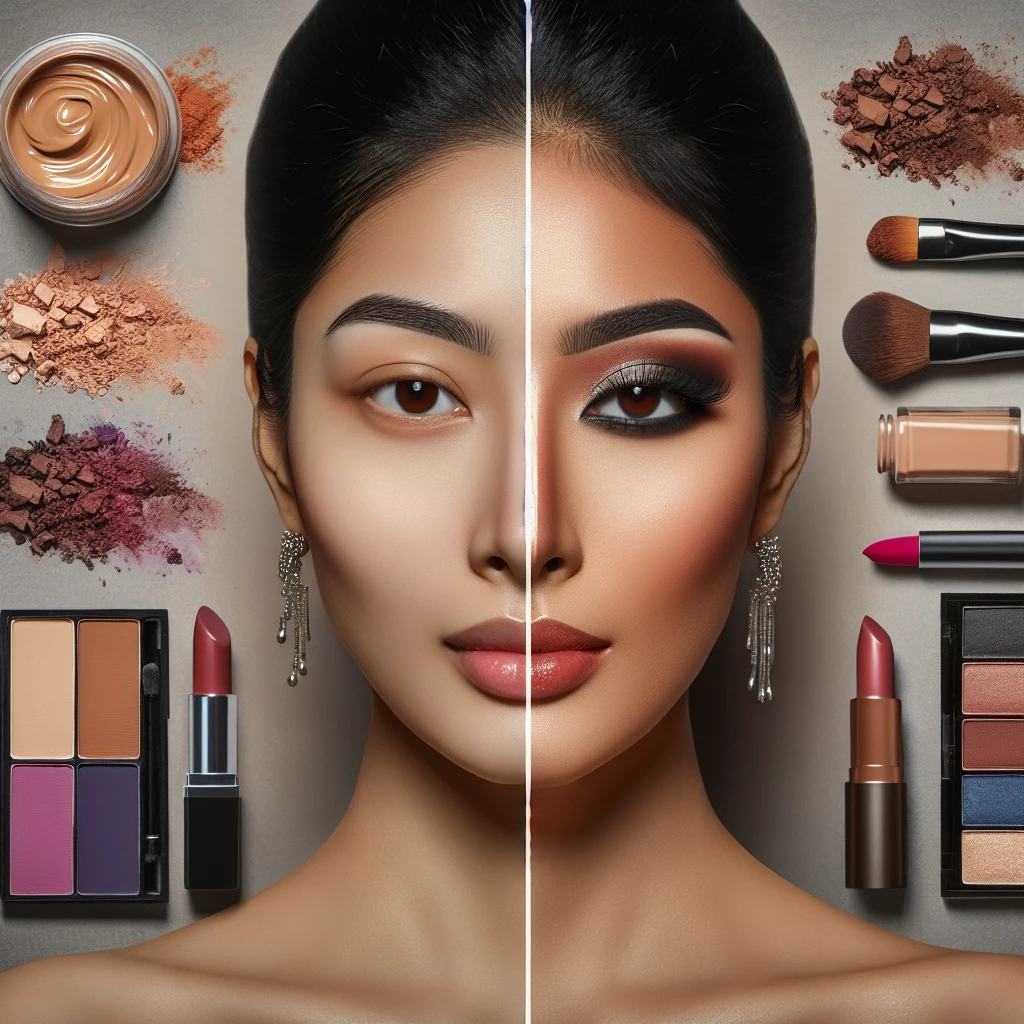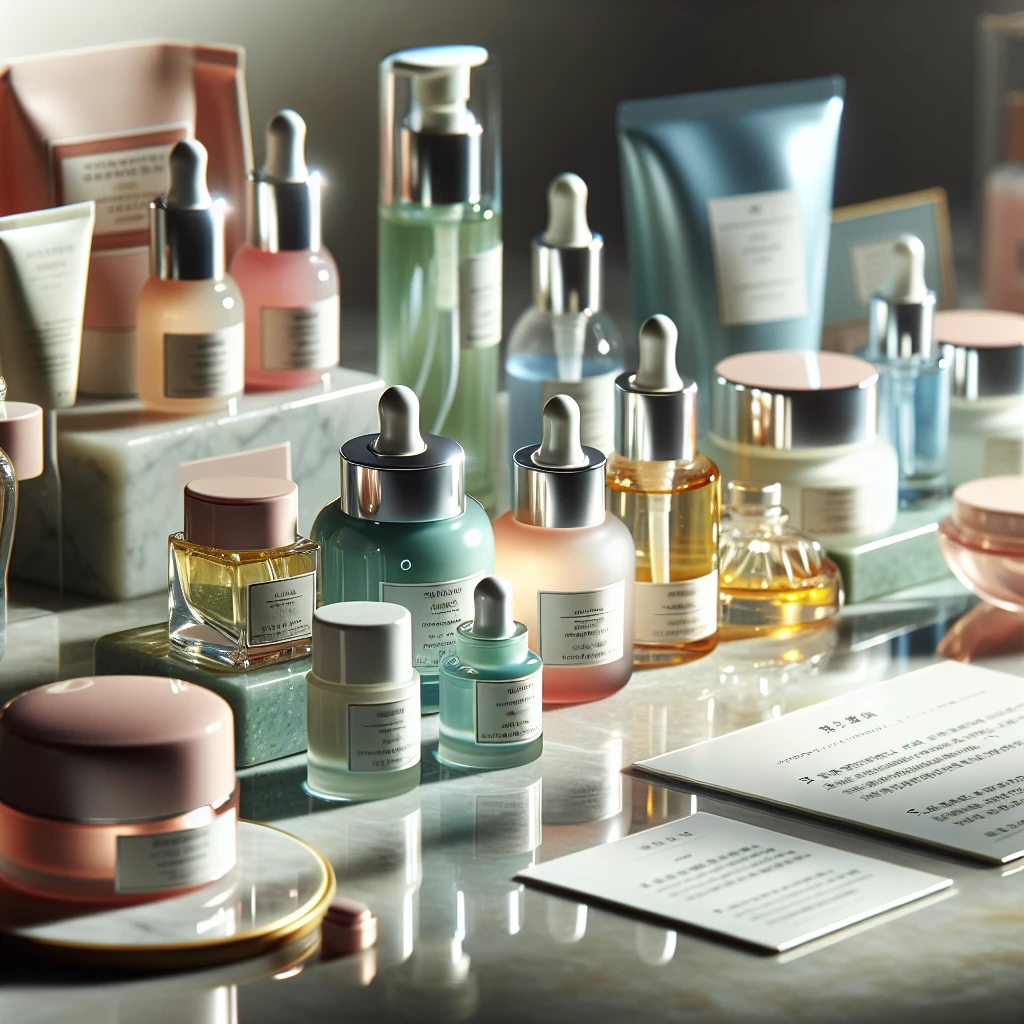Understanding Your Skin Type
The first and foremost step before starting your skincare routine is understanding your skin type. Different skin types necessitate different care. Your skin can be oily, dry, combination or sensitive. Each skin type reacts differently to different products, and it's important to know which one works best for your skin type.
A popular way to test your skin type is the 'Bare-Faced' method. Simply cleanse your face, leave it bare (without applying anything) for a while, then observe. If your face turns oily, you have oily skin. If it feels tight and dry, you have dry skin. A combination of both results indicates a combination skin type.
For sensitive skin, your face may feel itchy, burning or have red patches. Please reach out to a dermatologist to ensure you are caring for your skin properly, especially if you have sensitive skin.
Cleansing: The Essential Step
Cleansing should be the first step in your skincare-before-makeup routine. A good cleanse will remove impurities, dead skin cells, and excess oil from your skin. This helps to prevent clogged pores which can lead to acne breakouts.
If you're choosing a cleanser, go for ones that do not strip your skin of natural oils. Hydrating and gentle cleansers are ideal. Remember to cleanse twice if you're wearing makeup. The first cleanse will remove the makeup, and the second will clean your skin.
It's preferable to cleanse twice daily, once in the morning and once at night. However, if your skin is too dry, you may want to limit it to once a day or every other day.
Importance of Exfoliation
Exfoliation is an important yet often neglected step in skincare. It is the process of removing dead skin cells from the surface of your skin. This process can reveal fresher, brighter layer of your skin, thus making your makeup application smoother.
Exfoliating too much can damage your skin, so it's recommended to do it twice a week for normal or combination skin, and once a week for sensitive or dry skin. Try using a gentle scrub or a chemical exfoliant depending on what your skin reacts best to.
Remember to always moisturize after exfoliating, as exfoliation can leave your skin dry.
Moisturizing and Primer
You've probably heard this a hundred times, but I'll say it again: Never skip the moisturizer, even if your skin is oily. A good moisturizer will keep your skin hydrated and can act as an additional protective layer.
It also helps your makeup blend smoothly instead of getting patchy. An additional tip, if your skin is oily, go for a water-based moisturizer and if you have dry skin, try a cream-based one.
A makeup primer is not always needed, but it is an excellent addition to your skincare routine. Not only does it create a smooth base for makeup application, but it also seals in your skincare for maximum absorption. Moisturizing and priming are a game changer, Queens!
Importance of Sunscreen
While we're on the subject of products that make a difference, let's not forget our friendly neighborhood sunscreen. I cannot stress enough the importance of applying a broad spectrum sunscreen as the final step in your skincare routine.
Sun damage can manifest in several ways, including premature aging, hyperpigmentation, and worst of all, skin cancer. So Queens, always wear sunscreen, even if you're indoors or it's cloudy.
Your makeup may include SPF, but that alone is not enough. Ensure you're using a separate sunscreen of at least SPF 30 for adequate protection.
And there you have it, Queens! Skincare before makeup is not just an additional task, it's an important step to ensure that your makeup looks flawless and stays that way. Remember, your makeup is only as good as the skin underneath it, so make sure you're giving it the TLC it deserves. Until next time, stay beautiful!
Five-Minutes Makeup Hacks
In search of a quick and reliable makeup routine? Discover our top five-minute makeup tips.

Introduction to Organic Beauty Products
A deep dive into the pros and cons of incorporating organic beauty products into your daily makeup routine.

Transition Makeup from Day to Night
Discover effective tips for ensuring your makeup transitions smoothly from day to night.

Mastering the Monochromatic Look
Uncover the secrets to nailing the trendiest monochromatic makeup looks with our step by step guide.
